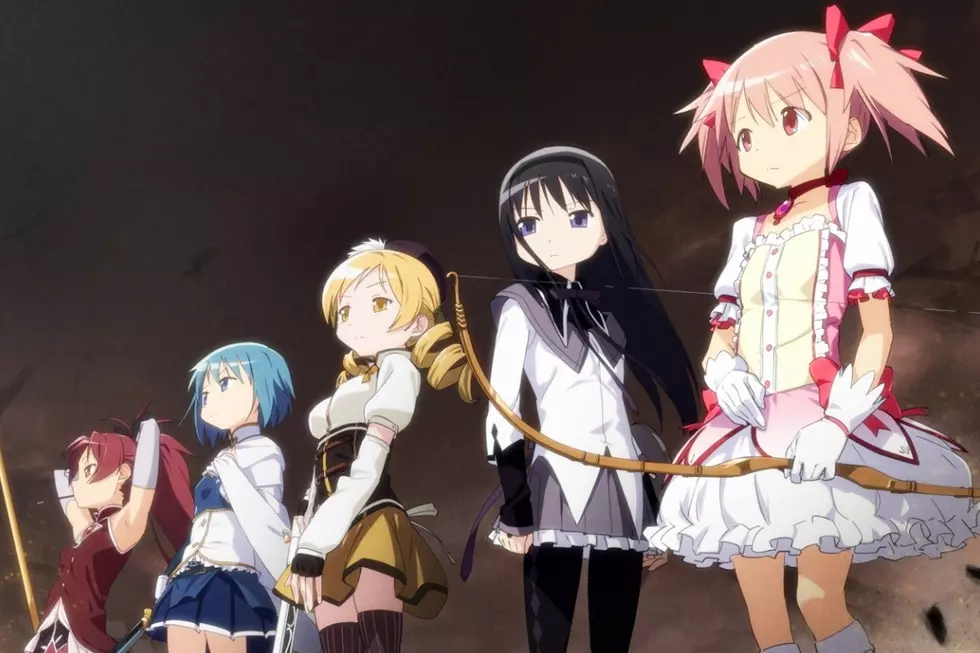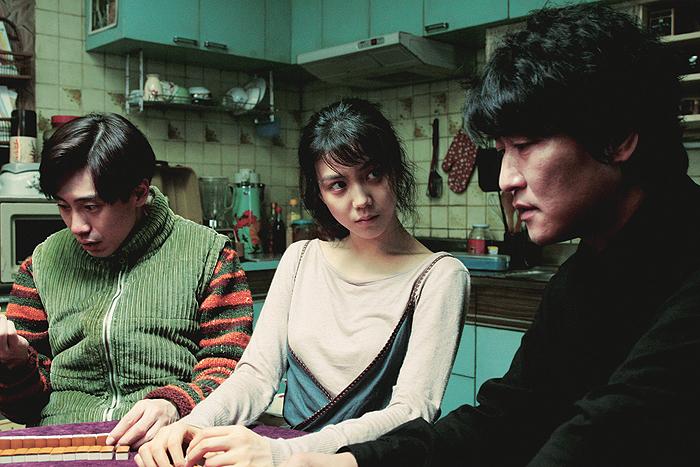Written 2.8.2021
Note from 9/2023: I’ve seen this movie 4 times at this point and every time my feelings about it change. A lot of what I had written still rings true for me. I guess with each viewing, and with more life experience, I just have more to say about it. But it’s nice to look back and see how purely excited I was about this movie. Man, it was a really big deal, and it really was!
// 3rd viewing //
// ♪ You are my baby miss ♪ //
The first time I watched this movie I was with Bob, L, Nancy, and Jun--a theater viewing at the UA Riverside. Of course we loved it and I remember afterwards crowding around a laptop on the floor of our apartment living room, reading some review or analysis of the movie and exchanging our thoughts and excitement. The second time, it was maybe MS1 or 2 year at Naveen's apartment after hot pot with a bunch of people, including I think all of the people from the first time plus Josh, maybe Daniel + NJ's friend?
Anyway, this was the first time I was watching it in the comfort of our own apartment, with just Bob. I felt I had more space in my mind to really immerse myself in the movie, without my mind automatically wondering what others were thinking during some of the more sexual scenes (more on that later). But wow, I didn't expect this movie to hit the way that it did, especially on the third viewing, but this movie... is something special to me.
I was talking to L today when I visited them at work at Omoi Zakka and they talked about how wonderful it is to see lesbian romances depicted genuinely, and how fulfilling (and rare) it is that Hideko and Sooki "get exactly what they want." I was thinking something similarly when we started the movie--I said to Bob that what I liked about this movie is that it has a genuinely happy ending. It's happy in an ecstatically subversive way--two women falling in love and running away from not only the man who was abusing (physically, sexually, emotionally, financially??) Hideko in her own house, but also from the man who comes bearing the promise of a life away from what she's known, but one that would still be rife with abuse by him. I appreciate the complete acknowledgment by the movie that the Count is utter trash, unlike in most media where trash men are just flawed heroes, especially if they're physically attractive.
Let's talk about Hideko because I love her character so much!! First of all, phenomenally acted by Kim Minhee, who I thought really captured her character--depressed, disillusioned, and suicidal after all these years of abuse and confinement, yet still sharp and observant and looking out for herself however she can; as well as the curiosity and heart that she regarded Sooki with as they got to know one another and fall for one another. The earliest scene that made me cry in the movie was when Sooki was giving Hideko a foot massage and insisting that she can tell that Hideko loves the Count, even as Hideko denies it and asks "what if I love someone else?" Sooki's obviously counterfeit insistence is devastating to Hideko, and that point I thought back to that moment while they're having sex and Hideko asks Sooki, "Can you promise that you won't betray me?" Sooki looks her in the eyes almost incredulously and shakes her head, replying "I'll never... never... ever..." and the camera cuts to Hideko who watches Sooki and waits for an answer. Ultimately Sooki does not finish her sentence and say exactly what it is she'll "never" do, whether it's because she can't bring herself to lie to Hideko or because she's caught up in the passion of the moment, or both.
Anyway, back to the foot massage scene--at this point, Hideko is fully disgusted by the Count who insists on constantly being an asshole and sexually assaulting her, and in this scene with Sooki insisting on playing ignorant, Hideko is hit with the realization that she is truly alone. I really felt for her then, as she pushed Sooki out of her room with tears in her eyes and is moved to kill herself and leave her miserable life behind. Ugh I was devastated! :( And then when Sooki catches her and comes clean about the (perceived) scheme all at once, and Hideko comes clean as well, I felt a sense of triumph. I mean, with a con, the one thing you don't do is give away the fact that you were conning someone, so in that moment they both made the choice to fully team up and that just felt so great!!
Speaking of Hideko's loneliness, there are a number of little details in the movie that accentuate the fact that all she has had is herself and her trauma. She carries around a doll that looks like her child self. The two portraits along the staircase leading up to her quarters are portraits of herself now and as a child. It seems that she lives in the European half of the estate, whereas her uncle is the one who has built the library in the Japanese half of the estate. In this way he has symbolically not only separated her from her cultural roots as a Japanese person, but polluted her culture so that she can only associates it with trauma. Related are the fact that her mother died giving birth to her, and her aunt was tortured and killed by her uncle for trying to escape the house. She really is completely and utterly isolated.
I love that as the twists and turns unravel themselves throughout the movie, you realize that Hideko is the one who is in control of the entire scheme. Part of the reason she is able to be so is because she has so become so much part of this house that she is both the master of and a prisoner within. She has a peephole that she uses to spy on her handmaidens, and deftly listens in on her uncle's conversation with the Count through the vents. She knows the house inside and out because despite everything she's gone through, she has survived within it.
 |
| "What is it that men want?" On this watch, I realized that Hideko is definitely pretending to be inexperienced here. She obviously knows what men want--she gives it to them during her readings. |












